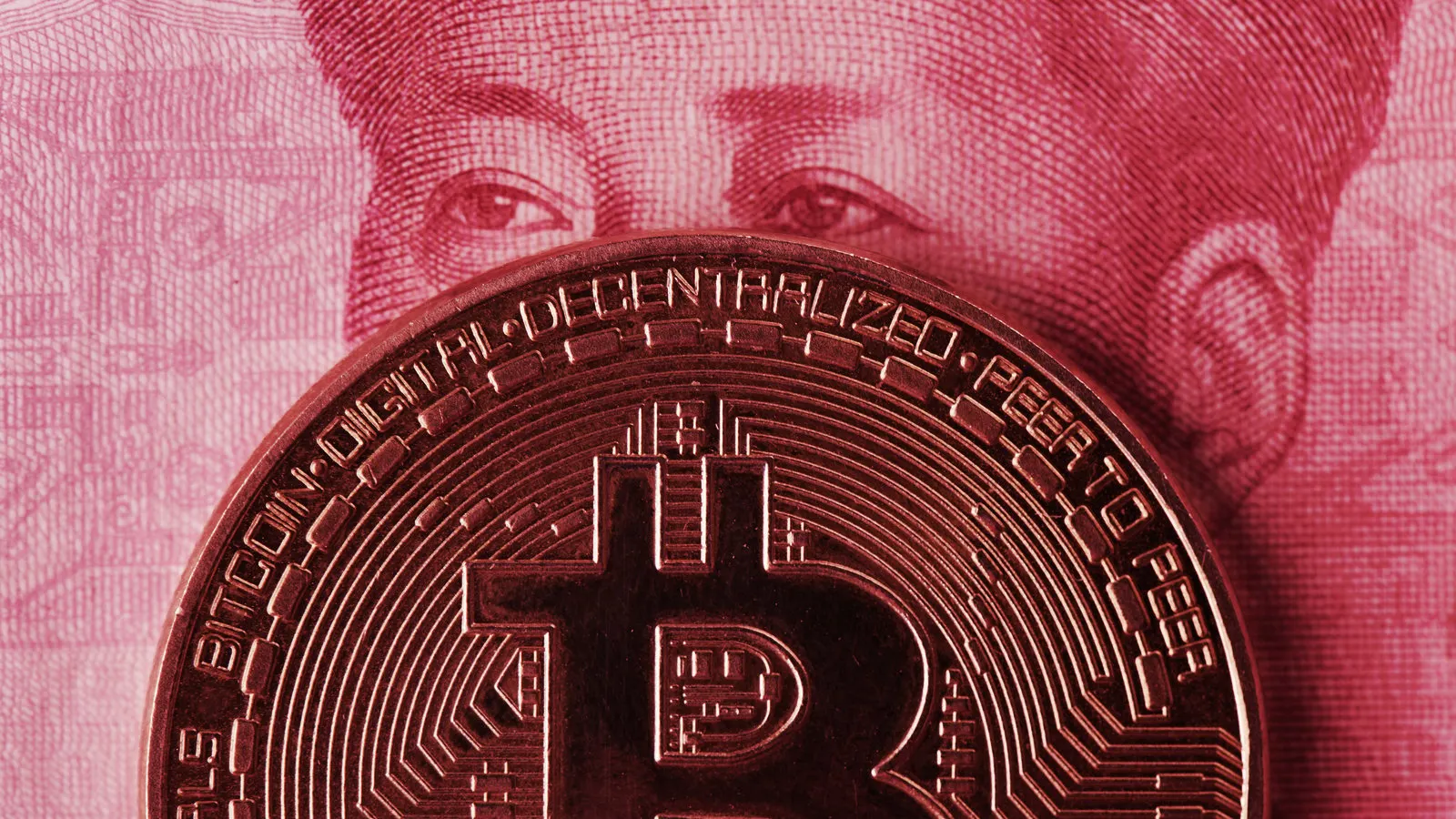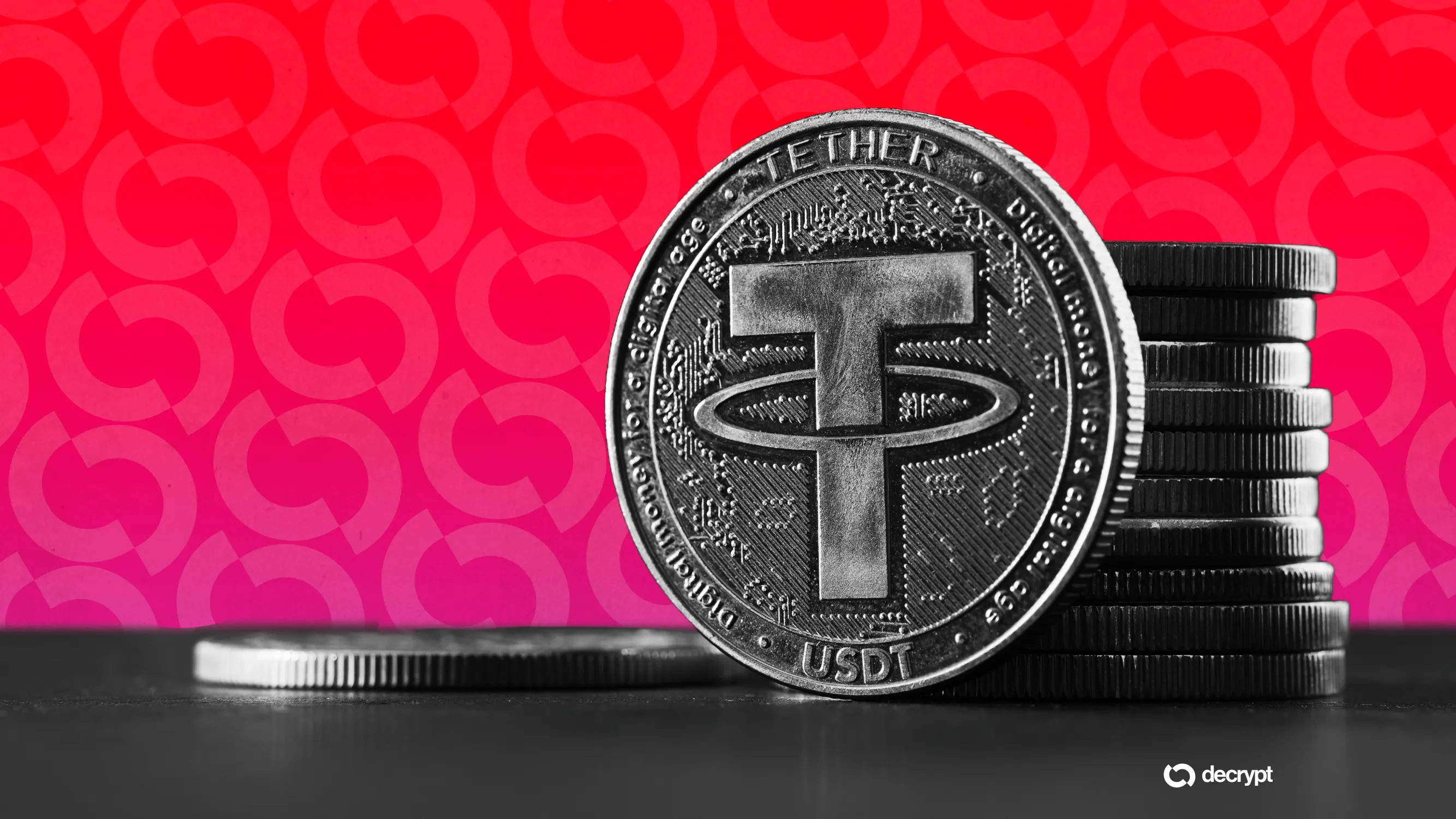In brief
- China’s Supreme Court has issued a ruling that specifies penalties for offenders who use cryptocurrency to raise funds.
- Penalties range up to 10 years in prison and fines of up to 500,000 yuan ($79,000).
China’s years-long crackdown on cryptocurrency has stepped up another level, thanks to a new Supreme Court ruling that paves the way for fines and potentially lengthy jail sentences for citizens found guilty of fundraising via crypto tokens.
Released earlier today, the Supreme Court’s decision specifies that “virtual currency” transactions used for raising funds can be prosecuted, with varying penalties available depending on the amount of money raised via the transactions.
China previously banned crypto fundraising in 2017 amid the global surge in initial coin offerings (ICOsICOs). Today’s ruling amends the country’s laws to specify that digital currencies are included in the forms of fundraising that are illegal within China, allowing for prosecution.
The law takes effect on March 1. The potential penalties can vary significantly based on the amount of cryptocurrency involved in the alleged crimes. If found guilty, an offender may face up to 10 years in prison, as well as fines as high as 500,000 yuan ($79,000).
China has gradually increased its rhetoric and rulings against cryptocurrency over the past several years, including a series of significant actions in 2021.
Last May, several Chinese provinces shut down crypto mining operations after Chinese Vice Premier Liu He wrote that the country must “crack down on Bitcoin mining and trading behavior.”
Chinese miners had produced as much as 67% of all new Bitcoins before the ban, per the University of Cambridge, but that number fell sharply as miners were forced to shut down or move out of the country. Per the latest available data, the United States now tops the list with about 35% of the total Bitcoin mining hash rate.
Why China's Latest 'Bitcoin Ban' Is Bullish for DeFi
Last week, China "banned Bitcoin" yet again, or that's how a large chunk of mainstream news outlets reported it. More accurately, as Decrypt wrote, the Chinese government reiterated that it deems crypto transactions as illegal. (Bloomberg framed it as China "widening" its existing ban on crypto transactions.) To be fair, it's understandable the media has such a hard time correctly conveying what China has done, because it's confusing every time China re-announces its own crypto guidance, and...
Meanwhile, last June, the People’s Bank of China instructed the country’s top banks and payments providers to target transactions with crypto-related firms. In September, the People’s Bank and nine other government bodies reiterated China’s broad ban on cryptocurrencies.
All the while, China has pushed forward with its plans to release a central bank digital currency, or CBDC, called the digital yuan. Unlike with decentralized cryptocurrencies, the Chinese government will have more control over the digital yuan, which can potentially replace paper money and coins. China released its digital wallet in January ahead of a pilot program.





